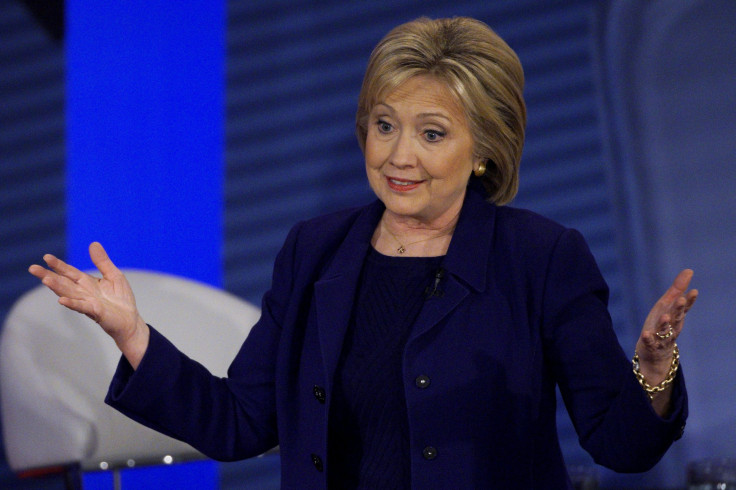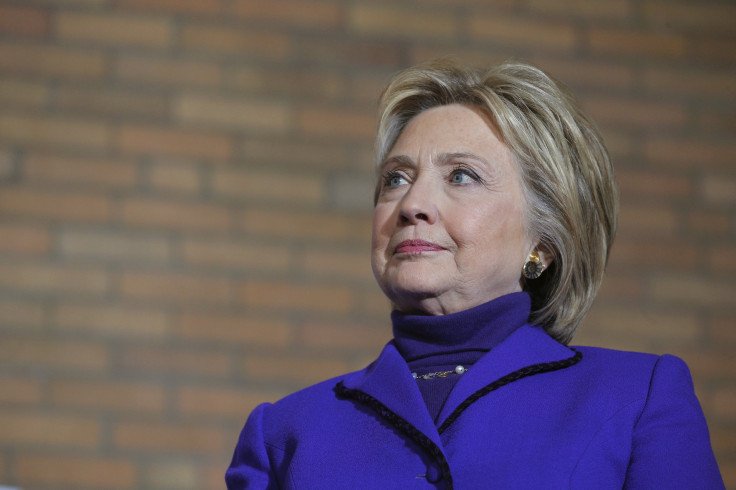Hillary Clinton Emails: Agencies Clash Over What Is 'Top Secret': Report

A battle has broken out between the State Department and U.S. intelligence agencies — as well as Congress — over what information on former Secretary of State Hillary Clinton’s private server was classified and what was the routine business of American diplomacy, according to officials' statements and letters obtained by the New York Times.
At the core of the argument is a “top-secret” CIA program, the newspaper reports. The program is the agency’s long campaign to track and kill suspected terrorists overseas using armed drones, one of the Obama administration's most fiercely contested policies. The administration is keeping most internal discussions regarding the program classified at the “top-secret” level, the Times reports.
Twenty-two of Clinton’s emails were deemed to be so sensitive that the State Department did not release them in its monthly email dump, even in a redacted version. The emails are reportedly included in seven distinct chains of forwarded messages and replies, and in most cases involved discussions of the CIA drone program, the Times reports, citing unnamed government officials.

The Times' sources said some of the classification being sought for the emails fall into a gray area between public knowledge and secrecy. In those cases, the original source of information — and its level of classification — can be disputed, and has been, vigorously at times, the officials said. Other emails have also been the subject of debate over what constitutes a secret and what the nation’s diplomats can say about intelligence matters when dealing with international crises and conflicts .
While the State Department accepted the classification of the 22 emails, it contests the accusations that it was negligent in handling secrets, the New York Times reported, and has opposed claims by at least one intelligence agency that information in some of the emails should remain classified.
“While the secretary of state has a duty to protect classified information, as all of us do in a position of trust, here she did not have the benefit of six-plus months of interagency classification reviews,” said Rep. Adam Schiff of California, the top Democrat on the House Intelligence Committee. “The same information said by people in two different positions may receive two opposite classification determinations.”
Controversy over Clinton’s use of a private email server during her tenure as secretary of state from 2009 to 2013 continues to plague her, and in response to a Freedom of Information Act lawsuit, a judge ordered the State Department to release her emails in monthly batches.
© Copyright IBTimes 2024. All rights reserved.






















